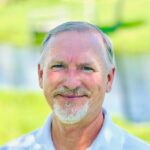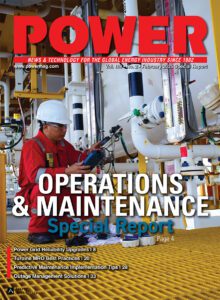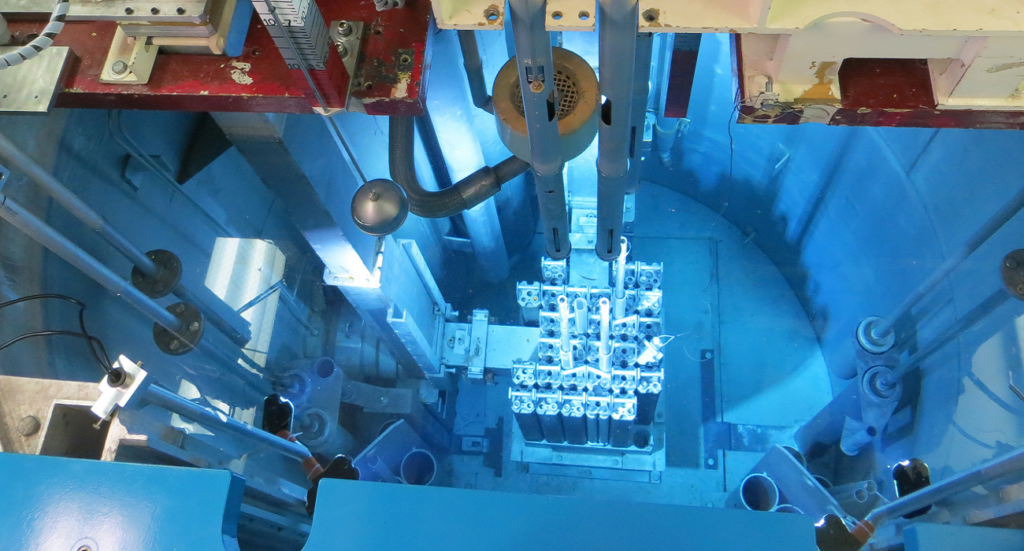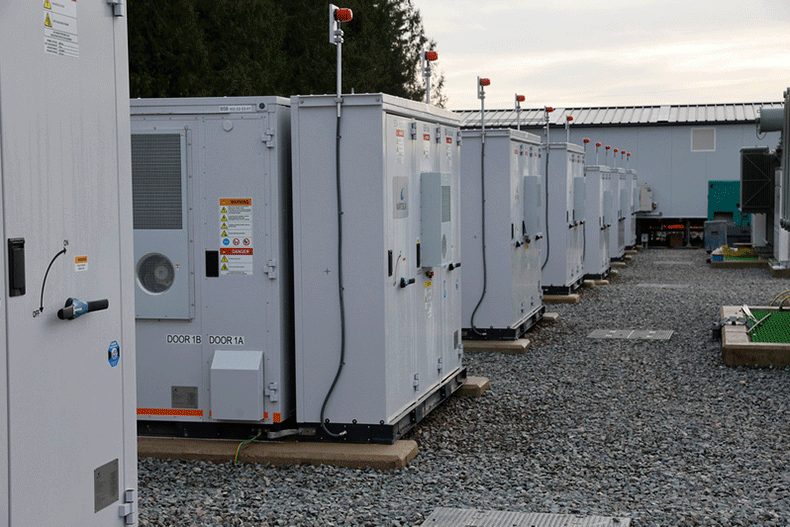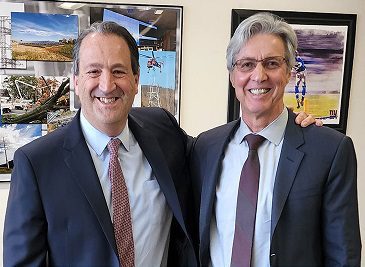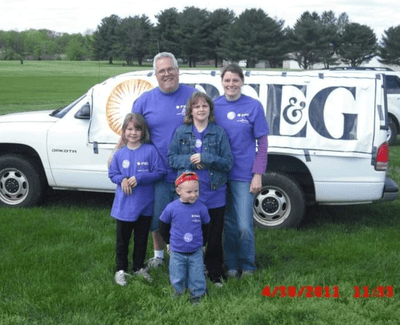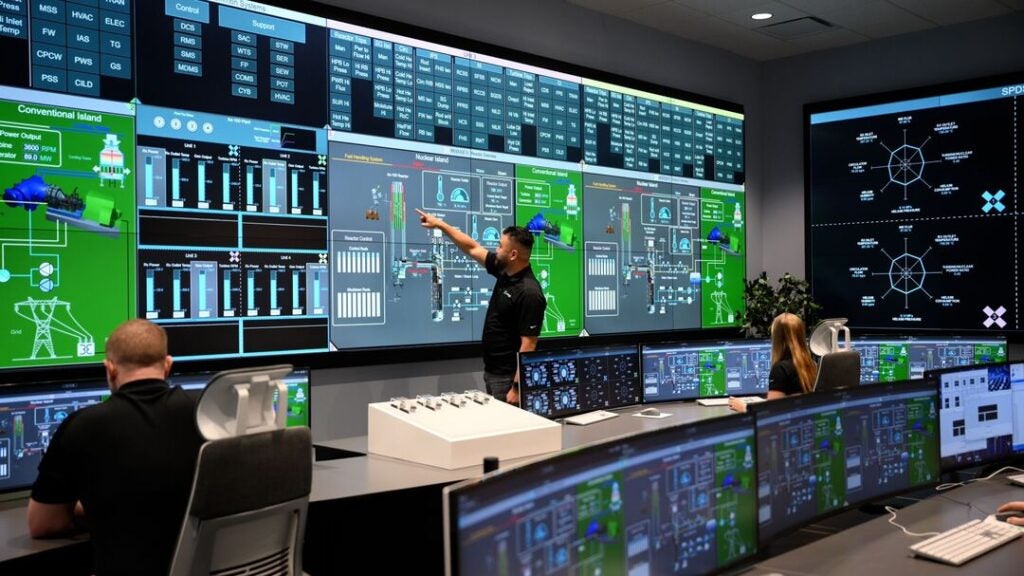What does it mean to be neurodivergent? The term basically applies to people whose brains work in an atypical fashion. It was coined in the 1990s to counter stigma against people with autism, ADHD (attention-deficit/hyperactivity disorder), and learning differences such as dyslexia. Somewhat surprisingly, 19% of Americans in one recent survey said they personally identify as neurodivergent.
Neurodivergent individuals can bring unique strengths to the workplace. Some neurodivergent workers are able to focus deeply and pay great attention to detail—they can often maintain intense concentration on specific tasks and notice subtle patterns or errors that someone else might miss. Others are creative problem-solvers or have remarkable persistence and resilience, having navigated many challenges over the years, which may have forced them to develop strong determination. Many neurodivergent individuals also have deep expertise in their specific areas of interest, and they tend to be straightforward in their communication, which can help reduce misunderstandings and promote clearer workplace dialogue.
Unfortunately, neurodivergent individuals are often overlooked in the workplace and in the hiring process. As a result, neurodivergent individuals frequently experience higher rates of unemployment and underemployment compared to the general population. Furthermore, those that do make it into the workplace, sometimes feel unsupported by their employers.
PSEG’s Neurodiversity Works Program
Public Service Enterprise Group Inc. (PSEG) is a diversified energy company with about 12,500 employees and headquarters in Newark, N.J. Its principal operating subsidiaries are: Public Service Electric and Gas Co., New Jersey’s largest provider of electric and natural gas service; PSEG Power; and PSEG Long Island.
In 2021, when the business world was dealing with how to navigate labor shortages and COVID, PSEG developed its “Neurodiversity Works” program. The intention was to provide access to employment for neurodivergent individuals and create a supportive working environment to help them succeed.
“In full transparency, we knew other companies were doing this, not necessarily in the industry, and it really seemed like something we wanted to get up and running at PSEG,” Steven Fleischer, executive director, HR – DEI (Human Resources – Diversity, Equity, and Inclusion), Talent Acquisition & PSEG LI at PSEG, told POWER. “We recognized it was an opportunity and we were definitely missing out on an untapped part of the talent market.”
The Neurodiversity Works program includes training for PSEG’s hiring managers to eliminate unconscious bias around neurodiversity and promote the benefits of hiring from this talent pool. Meanwhile, PSEG conducts recruitment efforts as part of the program to help identify qualified neurodivergent candidates. This includes partnering with external organizations and local universities, some of which have their own programs for neurodivergent students. PSEG also developed an interview process that creates an encouraging environment for candidates to ensure they are not overwhelmed by the experience. Once hired, the company continues to provide training and support for its neurodiverse employees, their managers, and others within the organization.
PSEG hired its first employee through the Neurodiversity Works program in 2022. The company will soon begin recruiting to hire its sixth employee through the program. “We wanted to be thoughtful about how we did this, so we’ve been bringing in two people a year on average,” Fleischer explained.
A Life-Changing Opportunity
One of the longest-tenured employees hired through the program is Voice of the Customer Group Senior Business Management Associate David Berlinsky. Berlinsky graduated from Rowan University with a Civil Engineering degree, but had great difficulty landing a job after finishing school.
“I once applied for four positions from the same place, and I emailed them back asking if there was any word on it a month later, and they replied to me that I was rejected by all four at once, just to give you an idea of how painful it was,” Berlinsky lamented.
Berlinsky learned of PSEG’s program through one of his college advisors and agreed to conduct an online interview. “After being so down, after being rejected from so many things, I couldn’t believe it when I heard that I was accepted,” said Berlinsky. “I was at the point where, I really just needed that.” Although he wasn’t sure the job was a great fit for him, it was the first offer he had received so he was in no position to decline. “I had to take it,” he said.
Berlinsky is a member of PSEG’s data analytics team. “I write the monthly reports for major departments such as customer care,” he explained. “It tends to be getting the data from the partner company, organizing it through Excel to create graphs, then writing the analyses to go with it.” Berlinsky quickly realized he had a knack for the work. “The first report I worked on, it was organized in such a bad way, the first words out of my mouth were: ‘No, I’m not doing it like this.’ So, I restructured the whole Excel file,” he said.
Since then, Berlinsky has made further improvements to many reports, and processes as well. “I’ve partially automated one of the reports that comes in quarterly, which I’m very proud of,” Berlinsky professed. He redesigned other reports “because the neurodivergent and ADHD in me could not be quiet about it,” he said.
“I eventually got recognition for how the reports were set up,” Berlinsky said. As a result, his template has been used to standardize many of PSEG’s other reports. “That was the entire point—to make them all consistent with one another,” he said. “And, I realized, I have an eye for detail that I didn’t really realize until I took this job.”
In fact, Berlinsky has been so successful in his position that he was recently promoted and tasked with giving oral presentations to leaders within the organization covering the data and analysis he compiles. And the job has been life-changing for him. “This program was literally the reason I was able to get myself back up and actually be productive,” Berlinsky said.
Challenges Lead to Growth and Self-Confidence
Rosalia Benanti, PSEG’s Voice of the Customer manager, has supervised Berlinsky for about five months. She suggested that neurodivergent employees can be challenged to do more than they themselves might think is possible. When Benanti began supervising Berlinsky, she was, of course, told that he was part of the Neurodiversity Works program. “But I didn’t look at him with any kind of label, I just looked at him as an employee,” she explained. “I noticed that there were many efficiencies that he had already built in, and that’s what I was looking for, I was looking to streamline many of the processes.”
Berlinsky’s immediate reaction to a request for something out of the ordinary is often negative. “The first words out of his mouth are: ‘No, I can’t do it.’ But once he gets over that, he comes back with such profound work that it’s just astonishing,” Benanti said. “And with that, David has gained an enormous amount of confidence.”
Success in the workplace comes from having an inclusive environment that allows all employees to leverage their individual strengths while providing appropriate support for challenges. PSEG’s Neurodiversity Works program offers proof that breaking down barriers that often limit neurodiverse individuals from being considered for employment is worth the effort.
—Aaron Larson is POWER’s executive editor.

